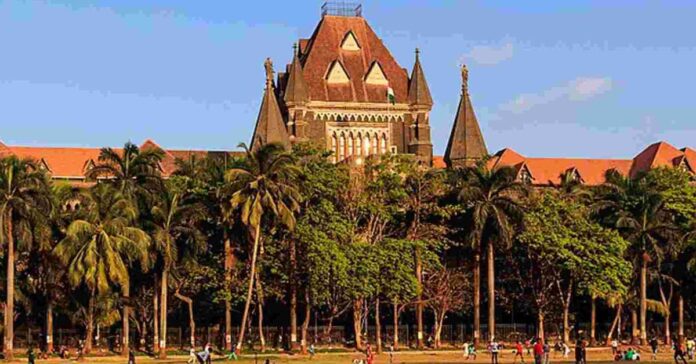Bombay High court sets three sex workers free and says that women have the right to choose their vocation. The court said that there is no provision under the law which makes prostitution a criminal offence.
The Bombay high court on Thursday set free three sex workers, observing that prostitution is no offence under the law. Three women were detained at a women’s hostel in Uttar Pradesh. The court said an adult woman has the right to choose her vocation and cannot be detained without her consent, and set young women, aged 20, 22 and 23 free.
Justice Prithviraj Chavan said the purpose and the object of the Immoral Traffic (Prevention) Act (PITA), 1956 is not to abolish prostitution. He said that “There is no provision under the law which makes prostitution per se a criminal offence or punishes a person because he indulges in prostitution,”
What is punishable under the law is the exploitation or abuse of a person for commercial purposes and soliciting in public places. The three women were caught by the social service branch of the Mumbai police on September 19, 2019, from Chincholi Bunder area in Malad, after laying a trap using a fake customer.
Following, they were produced before a metropolitan magistrate, who detained them in a women’s hostel. The women were detained in Uttar Pradesh, as the probation report revealed that they were from a particular community from Kanpur, that had a long tradition of prostitution in the community.
On October 19, the magistrate refused to hand over the custody of the women to their respective mothers, stating that it was not in their interest to stay with their parents and instead, directed them to be kept at the hostel. The three later moved the court through advocate Ashok Saraogi after the magistrate’s order was upheld by Dindoshi sessions court on November 22.
The high court struck down both the orders, saying that the petitioners/victims are major and, therefore, have a right to reside at the place of their choice, and move freely throughout the territory of India. The court further said that the magistrate should have taken consent of women before ordering their detention. The single-judge bench said that keeping in mind the interest of the women, the state government, under PITA, can seek directions from the court to send them to corrective homes, however, their fundamental rights anyway stand on a higher pedestal.
ALSO READ: IIT Bombay First Major Institute To Scrap Face-To-Face Lectures This Year


